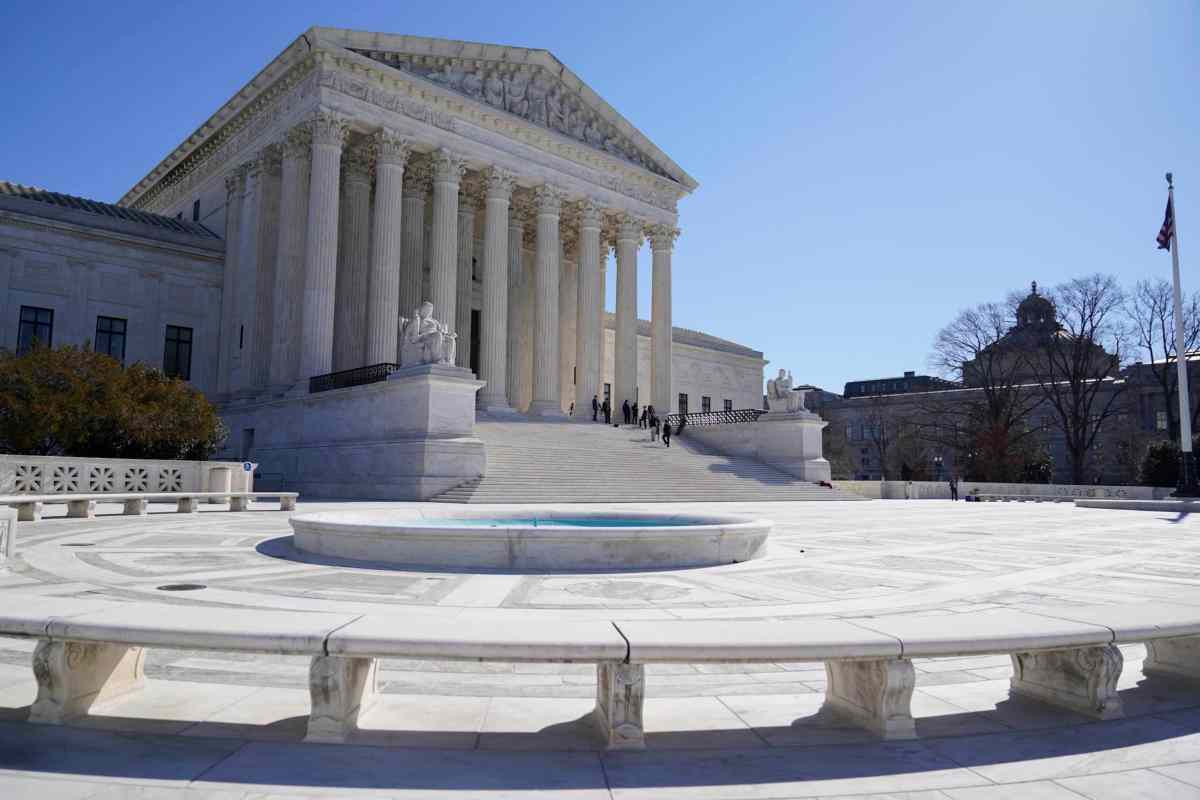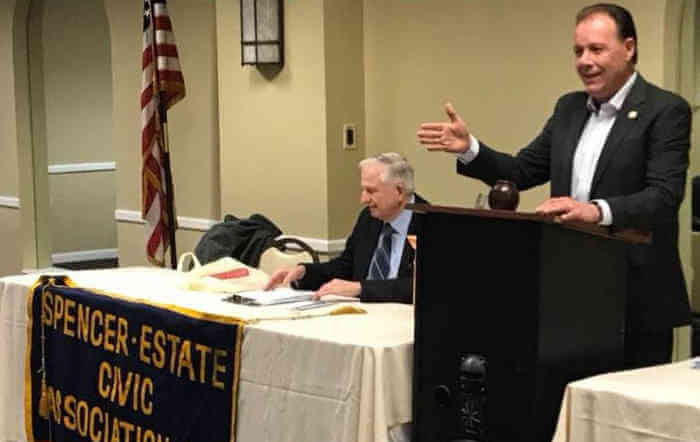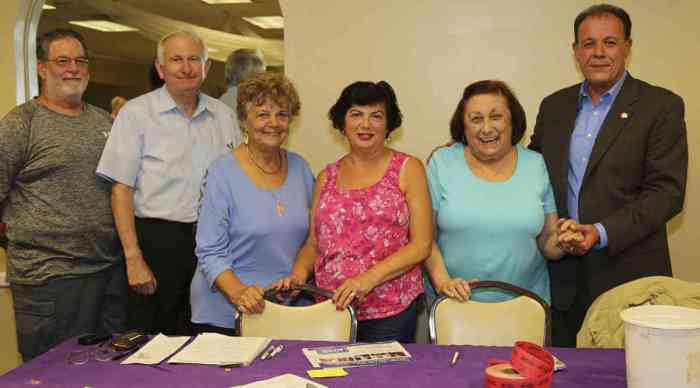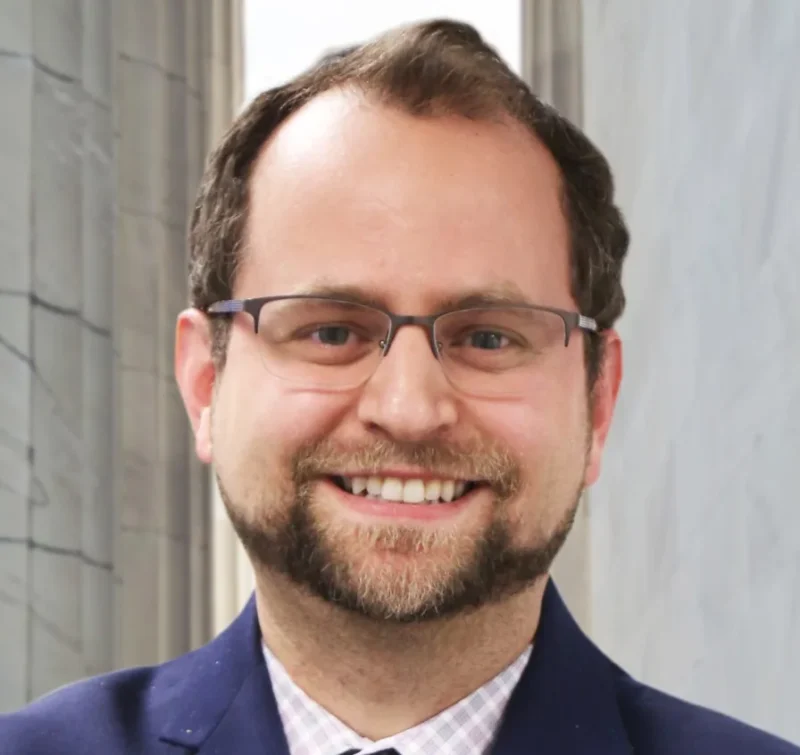Whether by design or happenstance the cumulative effects of actions and inactions elicit change. Ineffective change is often triggered by our inability to recognize a threshold; the critical point that challenges acceptance and tolerance. Inabilities to properly identify, address and foresee issues disrupt societal equilibrium. This disruption promotes imbalances, which leads to quality of life effecting “Tipping points.”
The upticks in nuisance and criminal behaviors throughout our communities are related to action, inaction and lack of foresight that highlights the imperfections of humanity. Broken Windows theory and invocations of subsequent policies lends example. “Broken windows” is based on hypothesis suggesting unaddressed visible signs of crime, maladaptive behaviors and civil-social disorder foster neighborhood decline. Decades ago, analysis of rampant crime brought laser like focus to broken windows theory. In all likelihood, perceived urgencies to suppress rampant floods of criminal activities warranted vigorous reactionary policing methods. It is plausible the controversial Stop and Frisk Policy to address widespread, ungovernable crime was warranted for limited periods. However, failure to limit and modify aggressive police policy at appropriate times led to intensifications of lengthy aggressive and unsustainable law enforcement methods. The lack of foresight to implement timely modifications eventually led to states of intolerance and noticeable “Tipping points.”
Newton’s third law of motion: “For every action in nature there is an equal and opposite reaction.” Law enforcement policies and criminal legislations have resulted in continual volleys of action and reaction. There is distinct linkage between high crime rates of the past—focus on broken windows theory, Stop and Frisk policing, lower crime rates, social injustice, 2015 criminal justice reforms, current bail/discovery reforms and 2020 police policy reform—and recent spikes in nuisance issues and criminal behaviors. It is evident of a major flaw, a trait that defines us as human, is our inability to consistently recognize with effective accuracy appropriate starting and stopping points. Recent polls, which extend across political aisles, strongly identified nuisance behaviors and crime as primary community problems. It is time for legislators to institute commonsense middle ground reforms that promote better quality of life along with faith and fairness in our criminal justice system. Our legislators craft the law and therefore have accountability for the undue stress and strain that is a consequence of neighborhood degradations. Their emotion-laden dubious decisions turned our communities into playgrounds for disrespectful law-breakers. A Tipping Point that changes these dysfunctional playgrounds into amusement parks for respectable law-abiding citizens is imminent. To paraphrase modern day ethicist, the late Dr. Rushworth Kidder: In decision making the long term always includes the short term; however, the short term does not account for the long term. When given a choice, community needs to take priority over the individual. Effective policy is fair, balanced and sustainable. If not, prepare for “Tipping Points” and cyclical periods of unsustainable action and reaction synonymous with Newton’s third law.
To meet or not to meet, that was the question:
Dialogue with well-regarded medical professionals, shifts in public policy and social cues resulted in our beginning a desensitization process. The primary goal is to help people regain feelings of comfort and confidence that fosters safe social interactions within indoor communal settings. Two meetings were held; strict compliance to mandated protocols implemented. After 18 months of dormancy, on May 19, the process commenced with a residents-only indoor meeting at 25% capacity. Approximately 45 people attended the initial let’s get reacquainted event. The gathering’s lack of civic accomplishment was dwarfed by the successes gauged by smiling-eyed conversations which set the stage for a second event.
The June 16 meeting, at 33% capacity, attracted 58 residents as 45th Precinct Capt. Isaac Soberal and the Community Affairs Team addressed our community. A relaxed ambiance resonated as Soberal vividly explained various aspects of NYPD policy and procedure to the captive audience. Soberal’s detailed presentation was followed by a spirited yet very supportive Q-and-A session. We thank Soberal and the entire 45th precinct for their dedicated service.
A surprise visit from our valued friend, Councilman Mark Gjonaj culminated the evening. Gjonaj’s passionate presentation followed by an animated gallery session enthralled the audience. Many in attendance expressed heartfelt disappointment when learning our councilman will not seek reelection. The Spencer Estate community, especially our seniors, will sorely miss Councilman Gjonaj.
Monthly meetings resume in September; however, the traditional July and August summer respite could be interrupted by circumstances requiring ad hoc attention.
If we want to keep and reap the blessings of our fine quality of life, we must endure the fatigue of supporting it. Our community has traditionally exhibited a “We are family attitude,” and now is the time to let it shine. Communicate; make that phone call, text message or email. Please check on family, friends and neighbors especially the elderly and vulnerable. Any area homeowner or renter interested in the Spencer Estate Civic Association send an email to spencerestatecivic@gmail.com.
Remember: Community=Common-Unity and Inclusion brings Solutions.


























